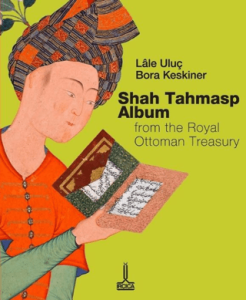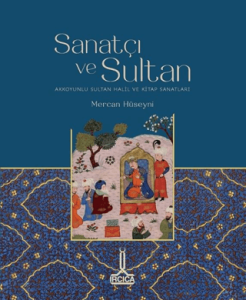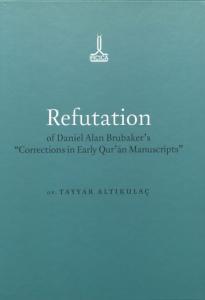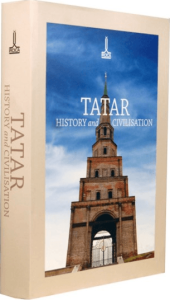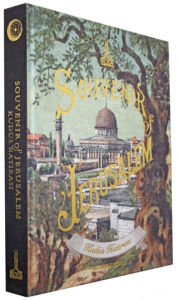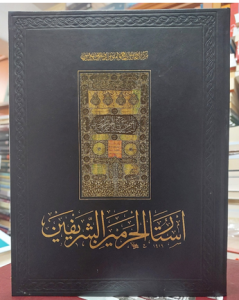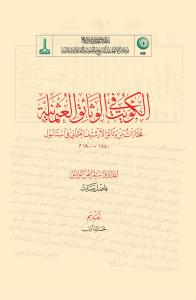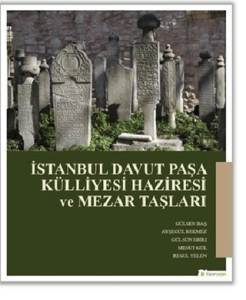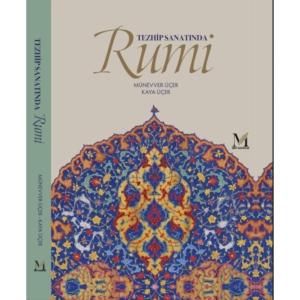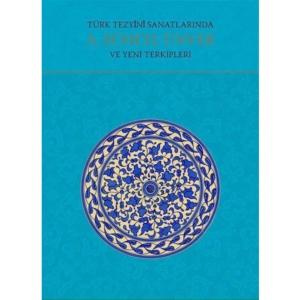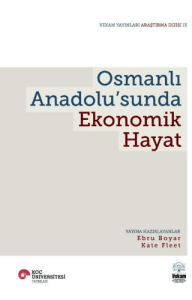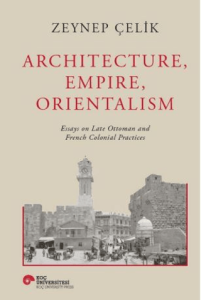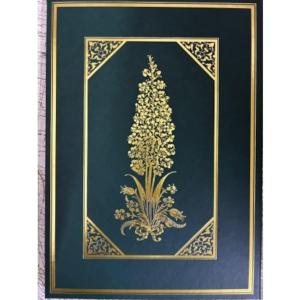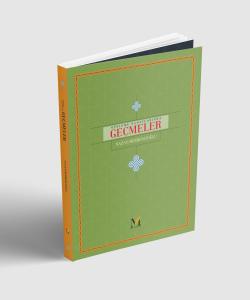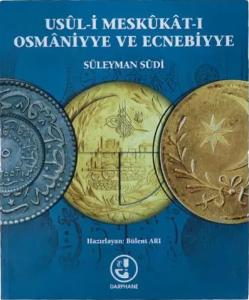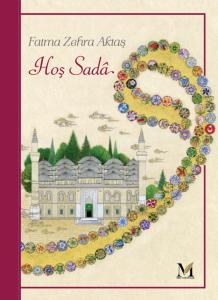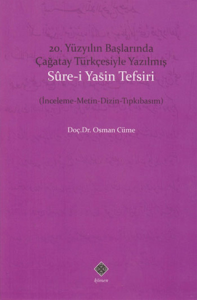
This major book by Prof. Ghosheh on the Islamic waqfs (endowments) of Jerusalem is the largest documentary work on the subject. It contains three main chapters: Chapter I deals with the waqfs of the Ayyubid period, specifically 36 Ayyubid waqfs. Chapter II deals with those of the Mamluk period, and cites 107 waqfs, while the last chapter of the book is on the waqfs of the Ottoman period and covers more than 1800 waqfs. The book sets the history of the endowments in the context of the architectural and historical events and important stages of the Islamic history of Jerusalem. It is a comprehensive and highly detailed study. The tables on the number and geographical distirbution of the waqfs add to its informative and documentary value.
The research is based on a primary sources including law court records, inscriptions, Ottoman archive documents and European sources. The book was awarded the Abdul Majeed Shoman International Prize in 2005 after being exemined by leading specialists of the subject which certifies to its scholarly value.
This major book by Prof. Ghosheh on the Islamic waqfs (endowments) of Jerusalem is the largest documentary work on the subject. It contains three main chapters: Chapter I deals with the waqfs of the Ayyubid period, specifically 36 Ayyubid waqfs. Chapter II deals with those of the Mamluk period, and cites 107 waqfs, while the last chapter of the book is on the waqfs of the Ottoman period and covers more than 1800 waqfs. The book sets the history of the endowments in the context of the architectural and historical events and important stages of the Islamic history of Jerusalem. It is a comprehensive and highly detailed study. The tables on the number and geographical distirbution of the waqfs add to its informative and documentary value.
The research is based on a primary sources including law court records, inscriptions, Ottoman archive documents and European sources. The book was awarded the Abdul Majeed Shoman International Prize in 2005 after being exemined by leading specialists of the subject which certifies to its scholarly value.

